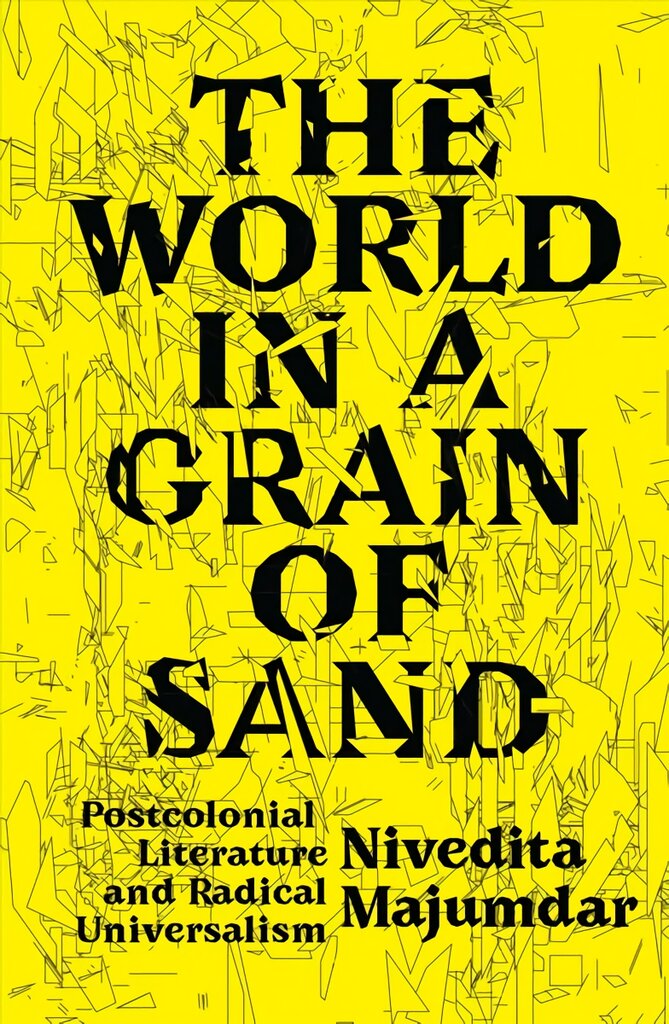The World in a Grain of Sand offers a framework for reading literature from the global South that goes against the grain of dominant theories in cultural studies, especially, postcolonial theory. It critiques the valorization of the local in cultural theories typically accompanied by a rejection of universal categories - viewed as Eurocentric projections. But the privileging of the local usually amounts to an exercise in exoticization of the South. The book argues that the rejection of Eurocentric theories can be complemented by embracing another, richer and non-parochial form of universalism. Through readings of texts from India, Sri Lanka, Palestine and Egypt, the book shows that the fine grained engagement with culture, the mapping of ordinary lives not just as objects but subjects of their history, is embedded in much of postcolonial literature in a radical universalism - one that is rooted in local realities, but is able to unearth in them the needs, conflicts and desires that stretch across cultures and time. It is a universalism recognized by Marx and steeped in the spirit of anti-colonialism, but hostile to any whiff of exoticism.
